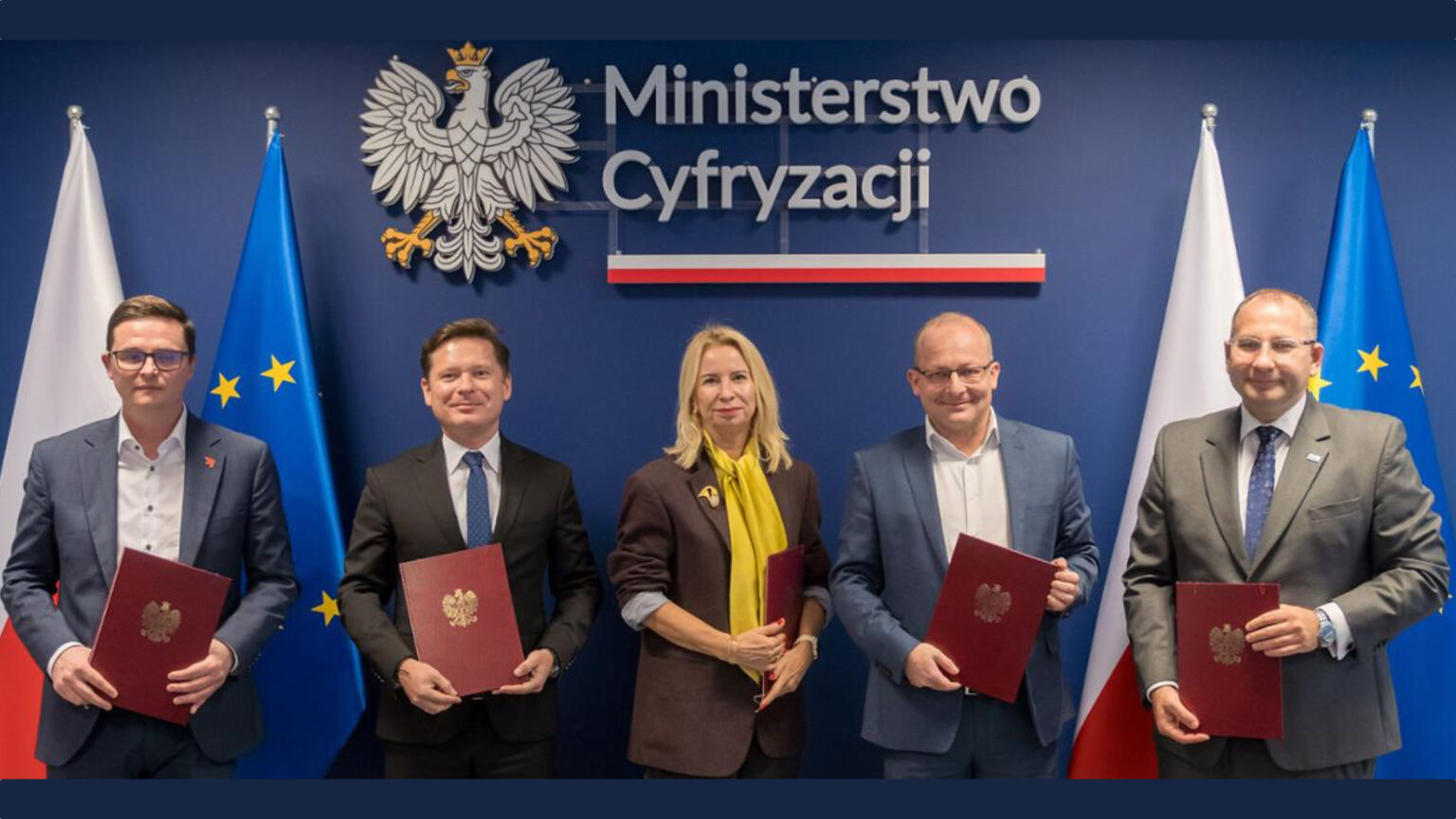The PW eSkills programme, launched by the Ministry of Digitalisation, has expanded its group of partners to include four more entities: iCodeTrust Sp. z o.o., Intel Corporation, the Polish Development Fund and the University of Lodz. The inclusion of these organisations is another sign that the development of digital competences is becoming a cross-sectoral issue, bringing together science, business and administration.
The PW eSkills initiative works in five areas: raising the level of digital competences, promoting their development and good practices, supporting equality and diversity in the ICT sector, strengthening cooperation between ICT educators and creating new initiatives and recommendations. The programme is open to government and local administrations, NGOs, entrepreneurs, the research and education community and competence sector councils.
The involvement of these four institutions brings specific opportunities to PW eSkills: Intel as a technological player can bring competences in the area of data processing and artificial intelligence, the University of Lodz represents the academic background of research and education, the Polish Development Fund as a financial institution can assist with support mechanisms and iCodeTrust Ltd. – providing services, training or certification. Deputy Minister of Digitalisation Paweł Olszewski emphasised that “digital competences are becoming a shared priority” and the new partners will facilitate the building of a society prepared for digital transformation.
In the context of the challenges posed by the dynamically changing technological environment – automation, artificial intelligence, changes in work patterns – the programme is gaining importance as part of the national digital education strategy. The Polish market can thus better respond to the demand for ICT competences, which affects both the economy and the reduction of digital exclusion.
The key question now is: how to effectively translate the partners’ declarations into concrete operational outcomes – available courses, internships, certifications – and how to measure the programme’s impact on the labour market and society.












